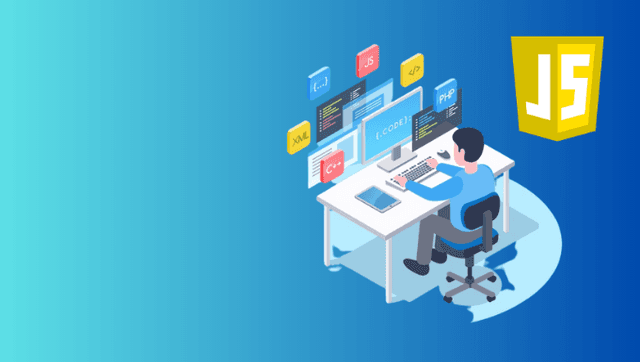Fundamentals of Java
This course includes core elements of programming in Java, with practical, hands-on approach, covers everything from basic programming, through to advanced features such as Object Orientation, Lambda syntax, collections and streams, using databases.
Course Overview
Skills you'll gain
What you'll learn
- How to obtain and install everything you need to build Java programs
- Using an Integrated Development environment (Eclipse or IntelliJ Idea)
- Core building blocks of programming (variables, control flow, conditions)
- Object Oriented development and how to model the real world
- Working with time and money
- Collections and data management
- Functional style programming
- Testing
- Working with Databases
Who Should Attend
- New developers (graduates / individuals retraining for new roles)
- Existing developers who are transitioning from other languages
- Self-taught developers who want to get a more professional and solid grounding in the core concepts of Java programming
Prerequisites
- This is an entry-level course and no prior knowledge of Java is assumed.
- Some programming experience will be helpful but not essential.
This course is designed to be accessible, but basic familiarity with the domain will help you get the most out of the advanced modules.
Curriculum
Explore the comprehensive, hands-on curriculum designed to build your expertise step by step.
Meet your instructors
Frequently Asked Questions
How much do the courses at Starweaver cost?
We offer flexible payment options to make learning accessible for everyone. With our Pay-As-You-Go plan, you can pay for each course individually. Alternatively, our Subscription-Based plan provides you with unlimited access to all courses for a monthly or yearly fee.
Do you offer any certifications upon completion of a course at Starweaver?
Yes, we do offer a certification upon completion of our course to showcase your newly acquired skills and expertise.
Does Starweaver offer any free courses or trials?
No, we don't offer any free courses, but we do offer 5-day trial only on our subscriptions-based plans.
Are Starweaver's courses designed for beginners or advanced students?
Our course is designed with three levels to cater to your learning needs - Core, Intermediate, and Advanced. You can choose the level that best suits your knowledge and skillset to enhance your learning experience.
What payment options are available for Starweaver courses?
We accept various payment methods such as major credit cards, PayPal, wire transfer, and company purchase orders. For more information related to payments contact customer support.
Do you offer refunds?
Yes, we do offer a 100% refund guarantee for our courses within a specified time frame. If you are not satisfied with the course, contact our customer support team to request a refund with your order details. Some restrictions may apply.


